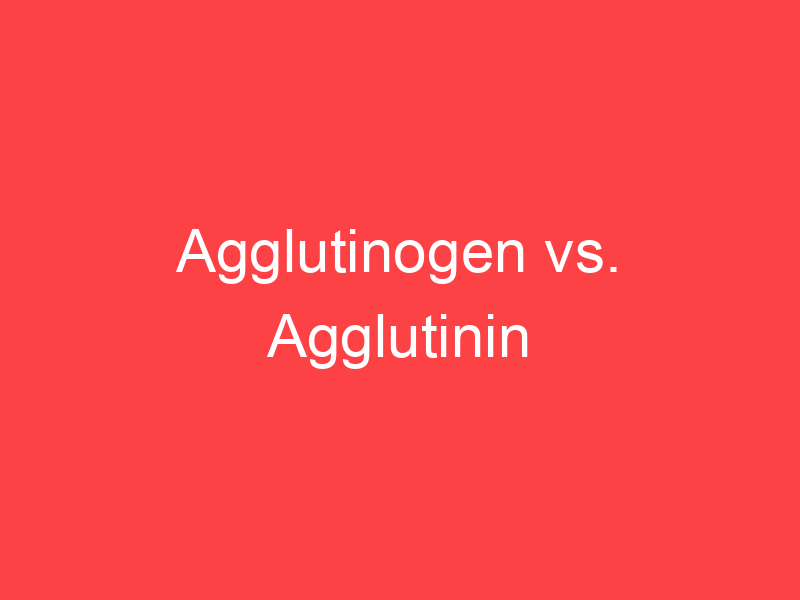-
Agglutinin
An agglutinin is a substance that causes particles to coagulate to form a thickened mass. Agglutinins can be antibodies that cause antigens to aggregate by binding to the antigen-binding sites of antibodies. Agglutinins can also be any substance other than antibodies such as sugar-binding protein lectins. Agglutinins work by clumping on particles causing the particles to change from fluid-like state to thickened-mass state. When an agglutinin is added to a uniform suspension of particles such as bacteria or blood, agglutinin binds to the agglutinin-specific structure on the particle causing the particles to aggregate and fall to the bottom leaving a clear suspension. This phenomenon known as agglutination is of great importance to the medical world as it serves as a diagnostic tool.
-
Agglutinogen (noun)
Any antigen that stimulates the production of an agglutinin
-
Agglutinin (noun)
A substance that causes cells to clump.
-
Agglutinin (noun)
A protein found in cow’s milk.
-
Agglutinogen (noun)
an antigenic substance present in blood cells, bacteria, etc., which stimulates the formation of an agglutinin in blood serum.
-
Agglutinin (noun)
an antibody, lectin, or other substance that causes agglutination.

